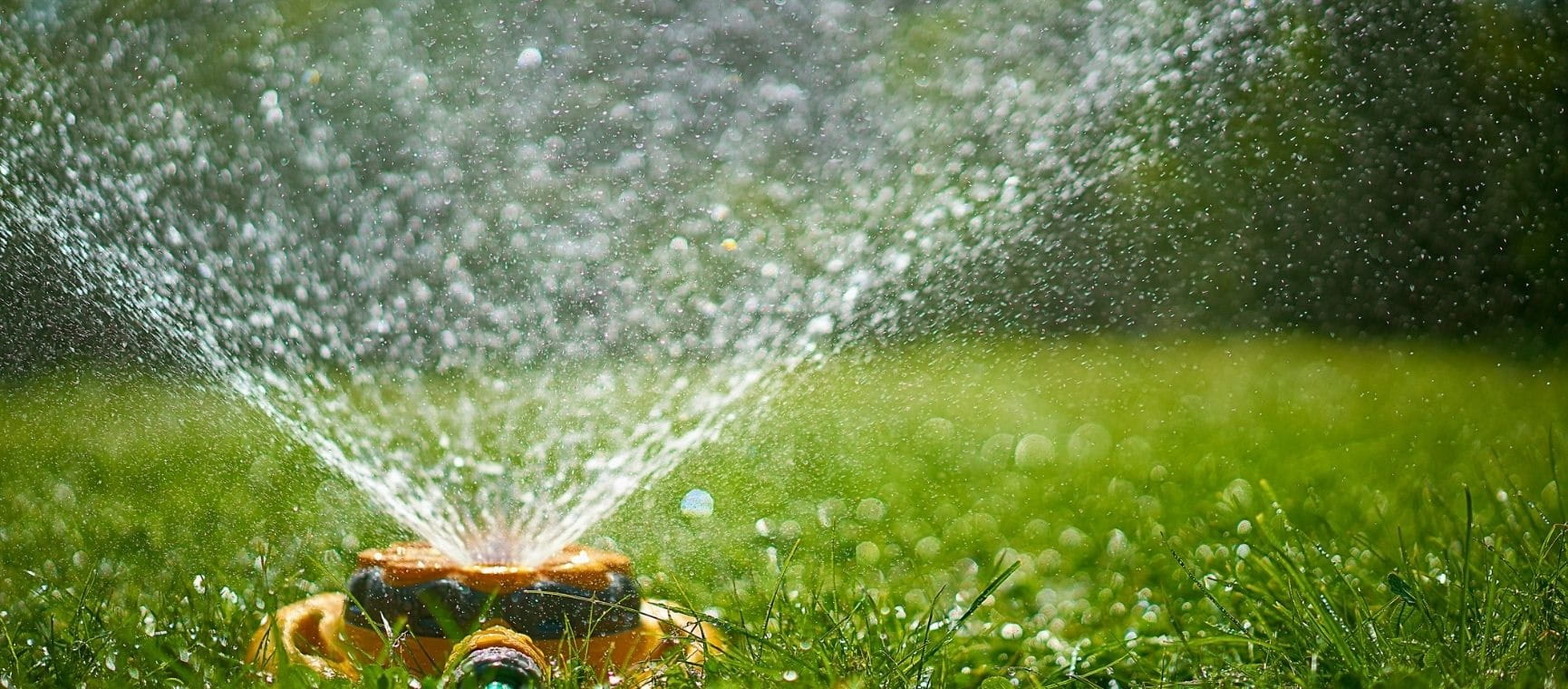
We may be breathing a sigh of relief now the UK's third heatwave of the summer is starting to cool, but millions of us are now living with or facing hosepipe bans.
Spring 2025 has been the hottest and sunniest spring on record and we've seen temperatures of over 30°C - with Faversham, Kent seeing the highest so far of 35.8°C.
The Environment Agency declared a drought in the North West of England at the end of May and now three water companies have announced bans, while others are monitoring the situation.
Usually, a hosepipe ban means you will not be allowed to use a hosepipe or sprinkler system for jobs like watering the garden, washing your car, pressure washing your patio or filling ponds, paddling pools and hot tubs.
Water companies say a ban can reduce water consumption by 10% as running a hose uses up to 1,000 litres of water an hour.
Here we explain exactly who is affected, and the rules you’ll need to follow until any ban is lifted.
A hosepipe ban came into force on Friday 11 July, for more than five million households in the region and the company's chief executive told the BBC it will last until the end of the year.
The ban affects all customers receiving their supply from Yorkshire Water, which takes in much of Yorkshire, parts of North Lincolnshire and parts of Derbyshire.
Yorkshire Water’s director of water, Dave Kaye, said: "Introducing these restrictions is not a decision we have taken lightly, and we’ve been doing everything we can to avoid having to put them in place."
The ban does not affect customers who receive only wastewater services from Yorkshire Water.
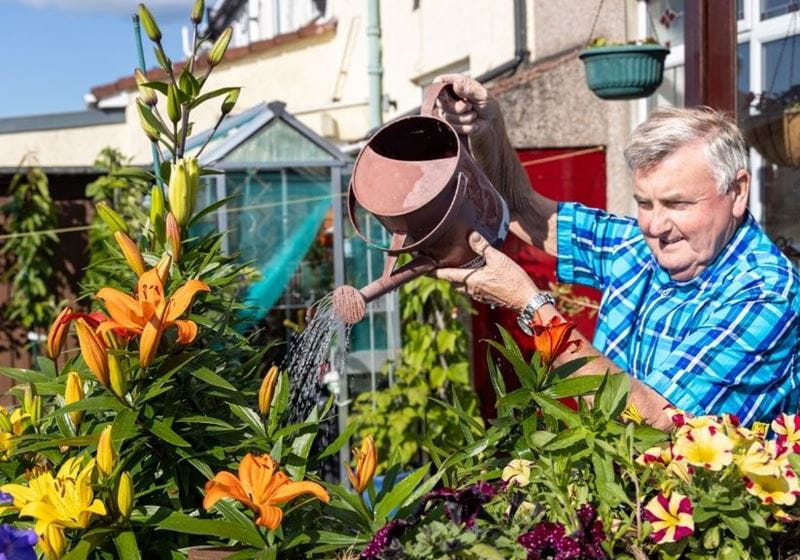
The hosepipe ban came into force on July 18 for 1.4 million of its customers living in parts of Kent and Sussex.
The ban does not currently affect customers in its Western region covering parts of Surrey, Hampshire and Berkshire - although customers around Basingstoke, Petersfield, Farnham and north to Camberley and Windsor are being asked to reduce water consumption at peak times to help avoid low pressure.
Coastal regions in Kent and Sussex such as Dover and Folkestone are not included in this ban, as they have a separate water supplier.
In a statement, South East Water said: “Demand for drinking water in Kent and Sussex has reached record levels since May – with the ongoing warm and dry weather, we’re all using far more water than usual.
"This situation has left us with no choice but to restrict the use of hosepipes and sprinklers, so we can help our reservoirs and underground water storage recover."
Almost one million customers are affected by the hosepipe ban by Southern Water which came into force on Monday 21 July.
The restrictions apply to 791,000 customers in 336,000 properties in Hampshire and 144,000 customers in 75,000 properties on the Isle of Wight. The company has a postcode checker on its website to check if you are affected.
Thames Water announced a ban which began on July 22nd across Swindon, Gloucestershire, Oxfordshire, Berkshire and Wiltshire. The temporary restriction covers areas with postcodes beginning with OX, GL, SN, RG4, RG8 and RG9.
"This year, the UK experienced one of its warmest and driest springs in over a century. June was also England’s warmest on record. The Environment Agency has put our area into the prolonged dry weather category," the company said.
"That’s why we need to bring in a hosepipe ban. It will help protect the environment and make sure there’s enough water to go around this summer."
Anyone found using a hosepipe during a Temporary Use Ban without permission from their local water company could be fined by up to £1,000.
If a water company is made aware of people breaching the conditions, they may be sent a letter or correspondence first reminding them of the ban.
The rules may vary slightly, but most water companies have similar restrictions.
Under the Yorkshire Water ban, you can’t use a hosepipe (including sprinklers, dipper hoses, automatic irrigation systems and other similar devices) for the following activities.
It is important to note, however, that you can continue to use a watering can (or bucket and sponge) to carry out any and all of those above, and that there are exceptions.
You can also still use water that is not sourced from mains water, such as grey water, rainwater from a water butt through a hosepipe, or private boreholes.
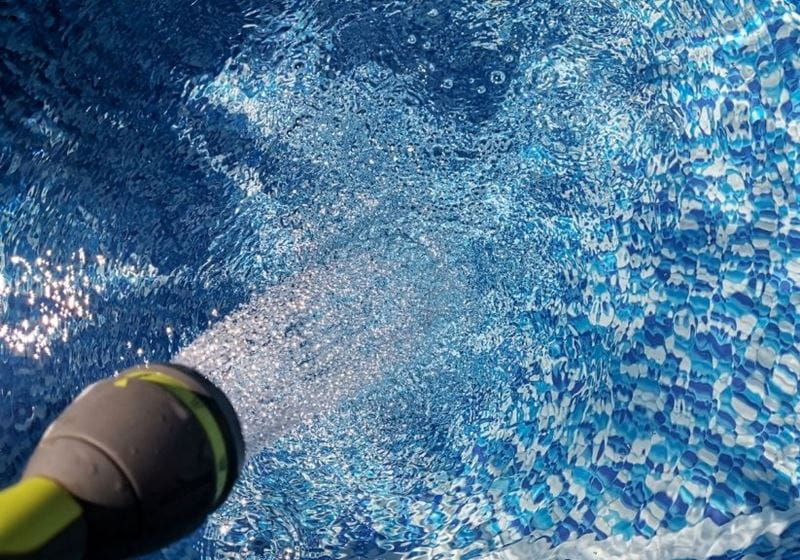
For a full list see the Yorkshire Water website.
To combat the ban, try some of these ways to save water in the garden so that you can protect your plants and flowers.
Phillipa Cherryson is senior digital editor for Saga Magazine. Phillipa has been a journalist for 30 years, writing for national newspapers, magazines and reporting onscreen for ITV. In her spare time she loves the outdoors and is an Ordnance Survey Champion and trainee mountain leader.
View author page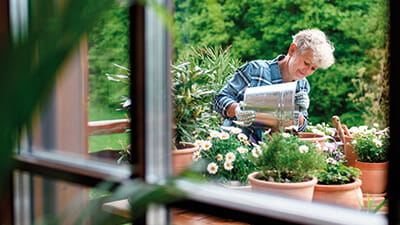

Saga Home Insurance comes with garden cover included. Find out what’s included and get tips to help secure your garden.
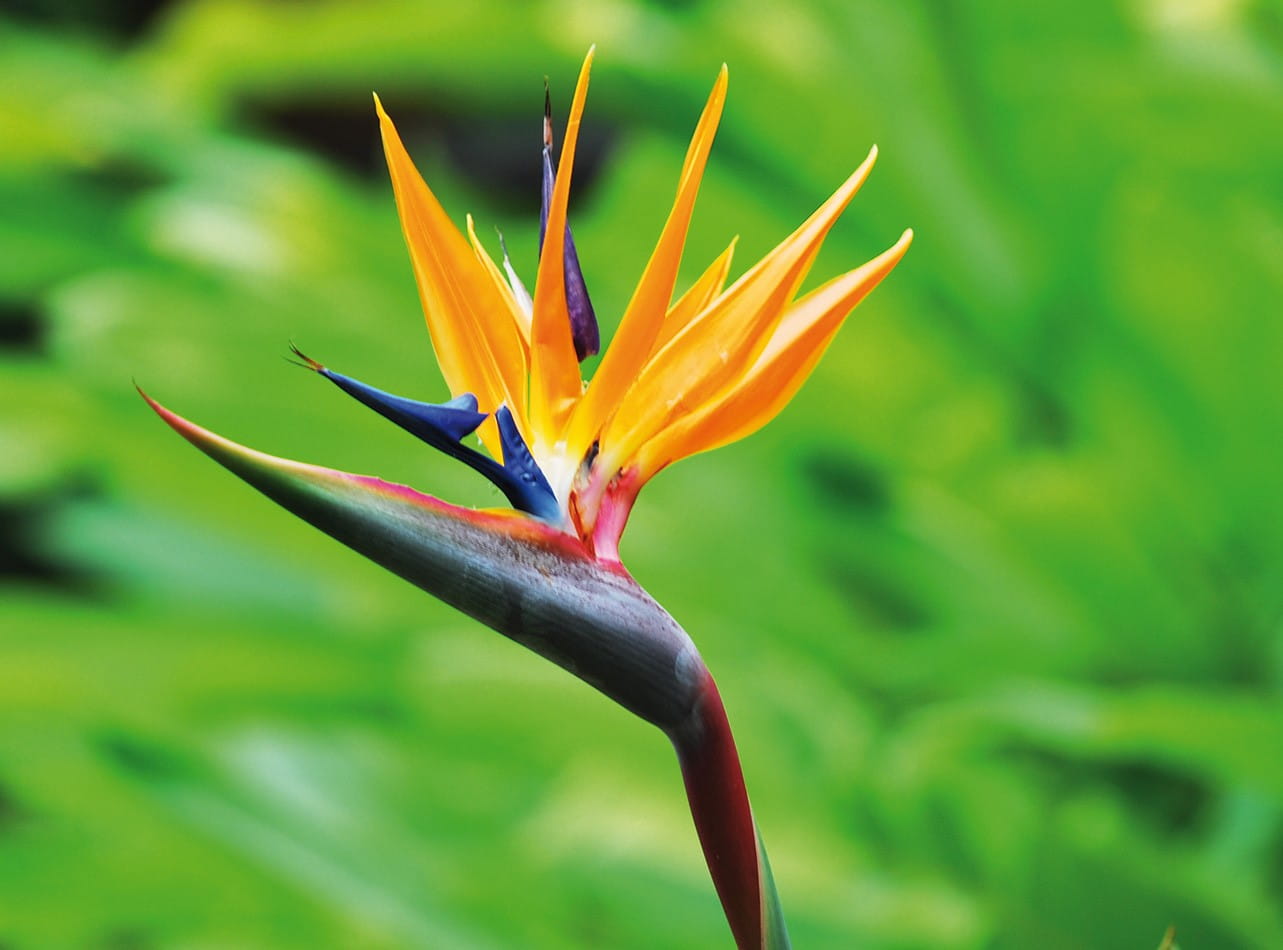
Find out about Saga's Gardening holidays here...
Explore stunning outdoor sanctuaries on Saga’s garden-themed getaways – it doesn't matter if you’re a keen horticulturist or just someone who enjoys colourful blooms.
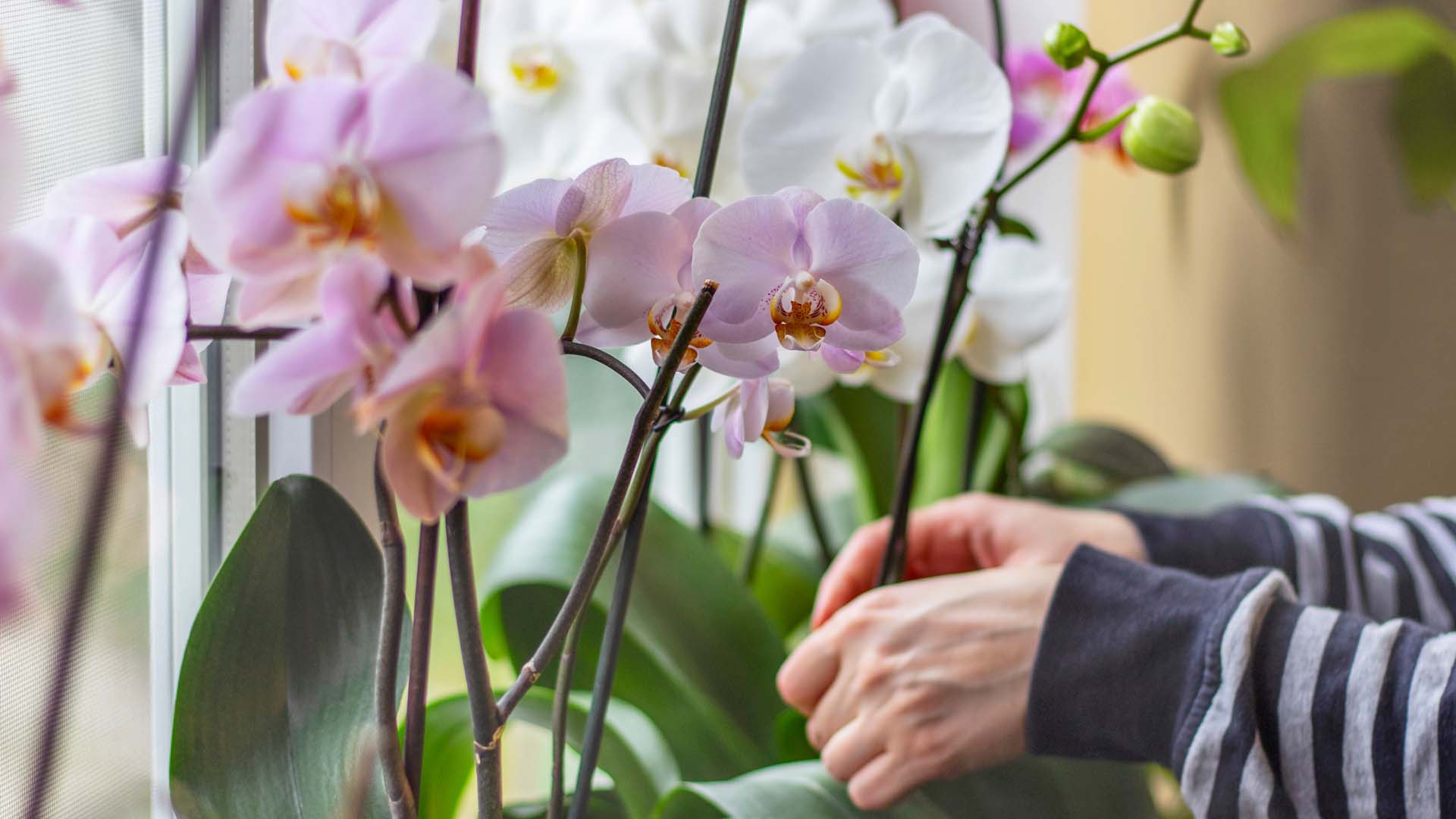
Our expert pruning and watering hacks include a top tip to keep them flowering from Alan Titchmarsh.
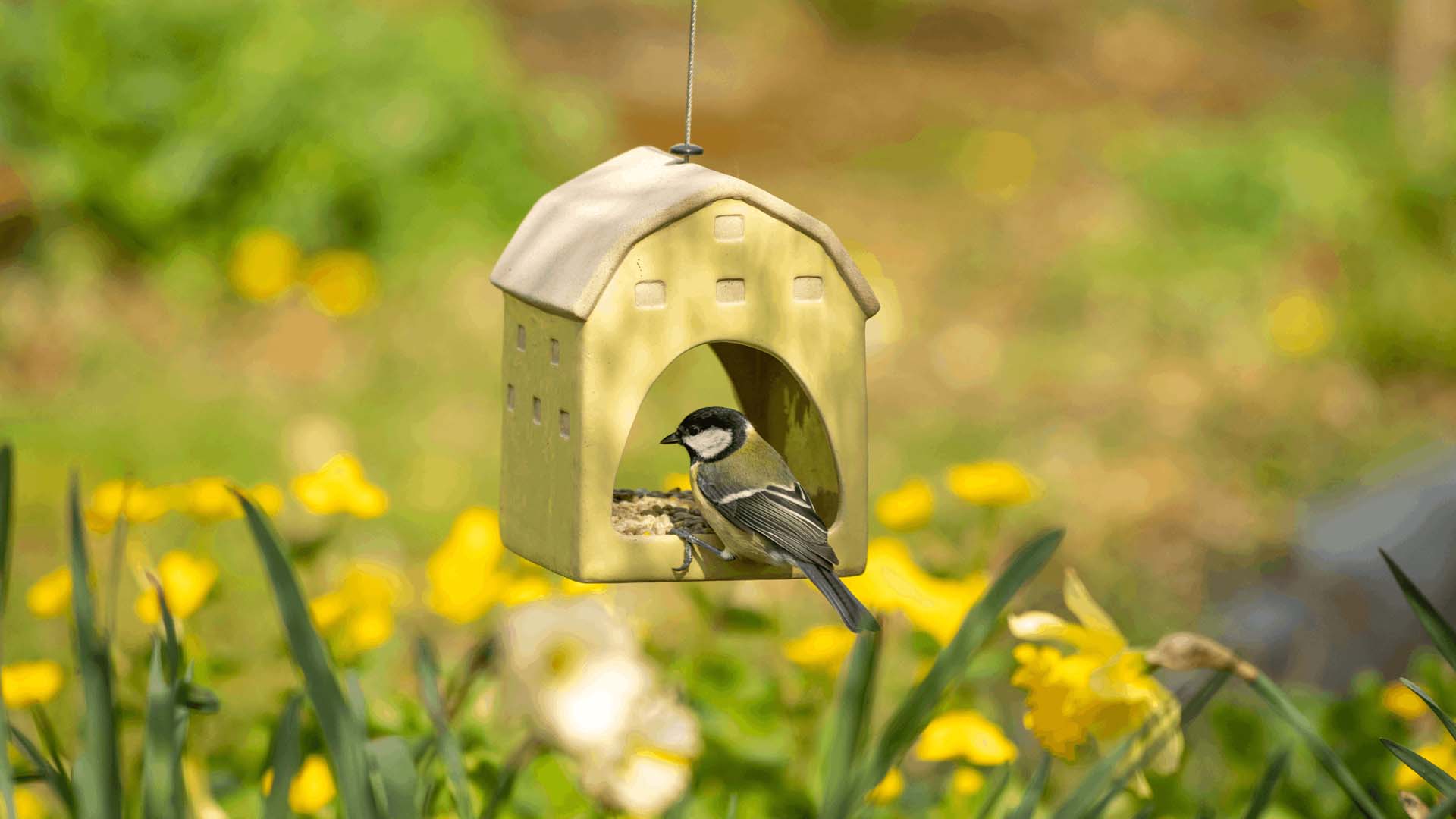
Don’t make these bird-feeding mistakes. Expert advice on how to feed birds in your garden safely.
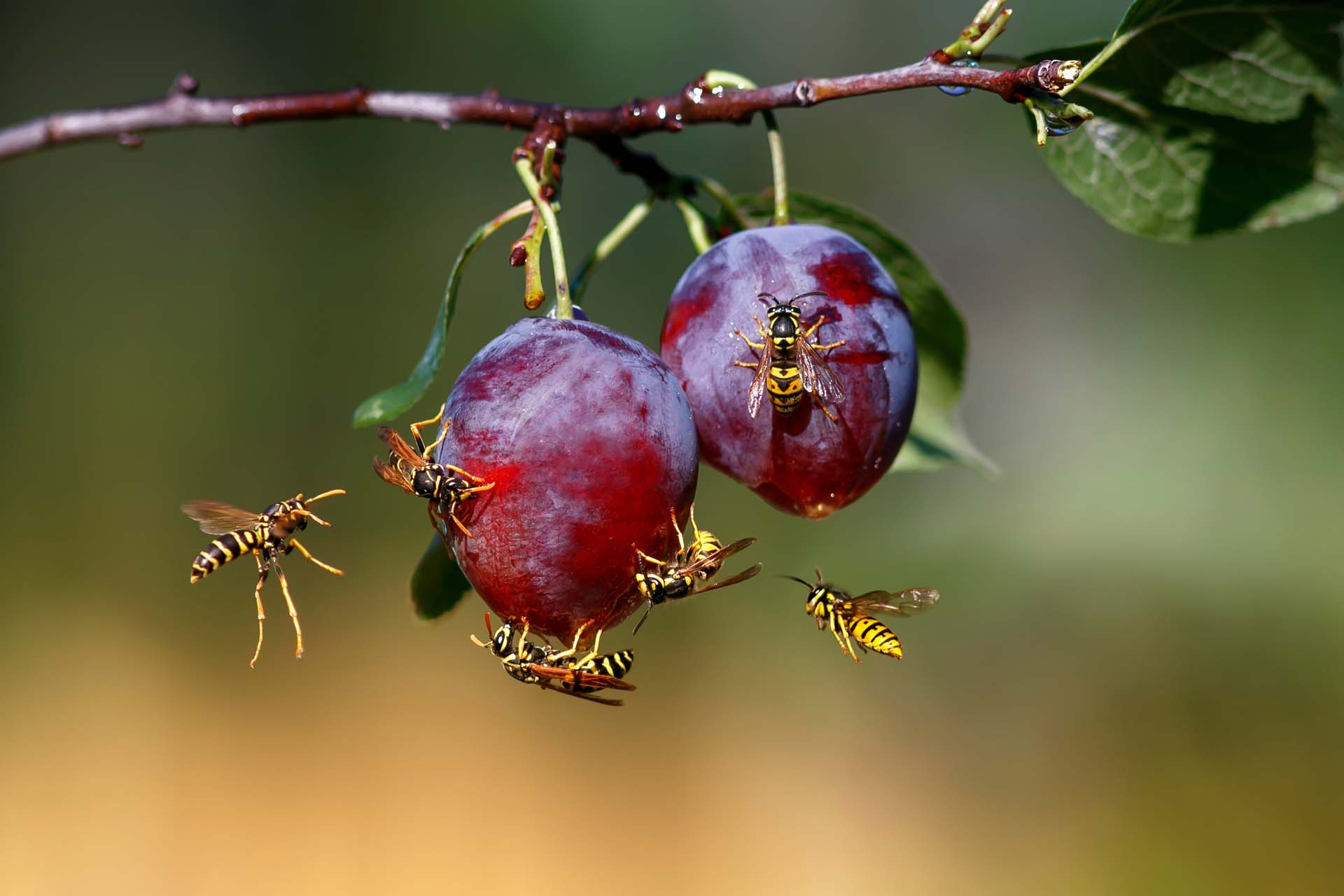
Blighted by buzzing? How to keep wasps out of your garden without harming them so you can enjoy the summer.
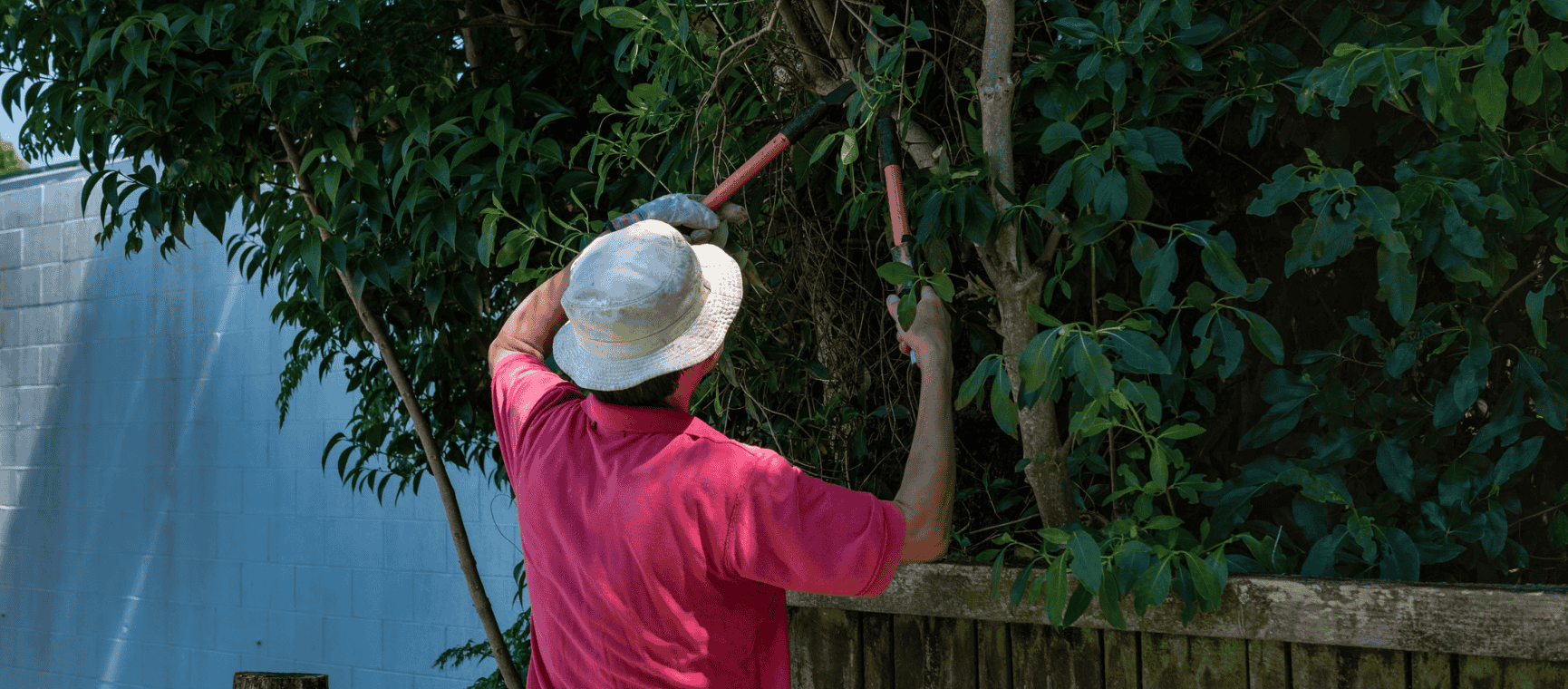
The ways you could be breaking the law in your back garden - with expert advice on how to avoid neighbour disputes, a fine or even a prosecution.
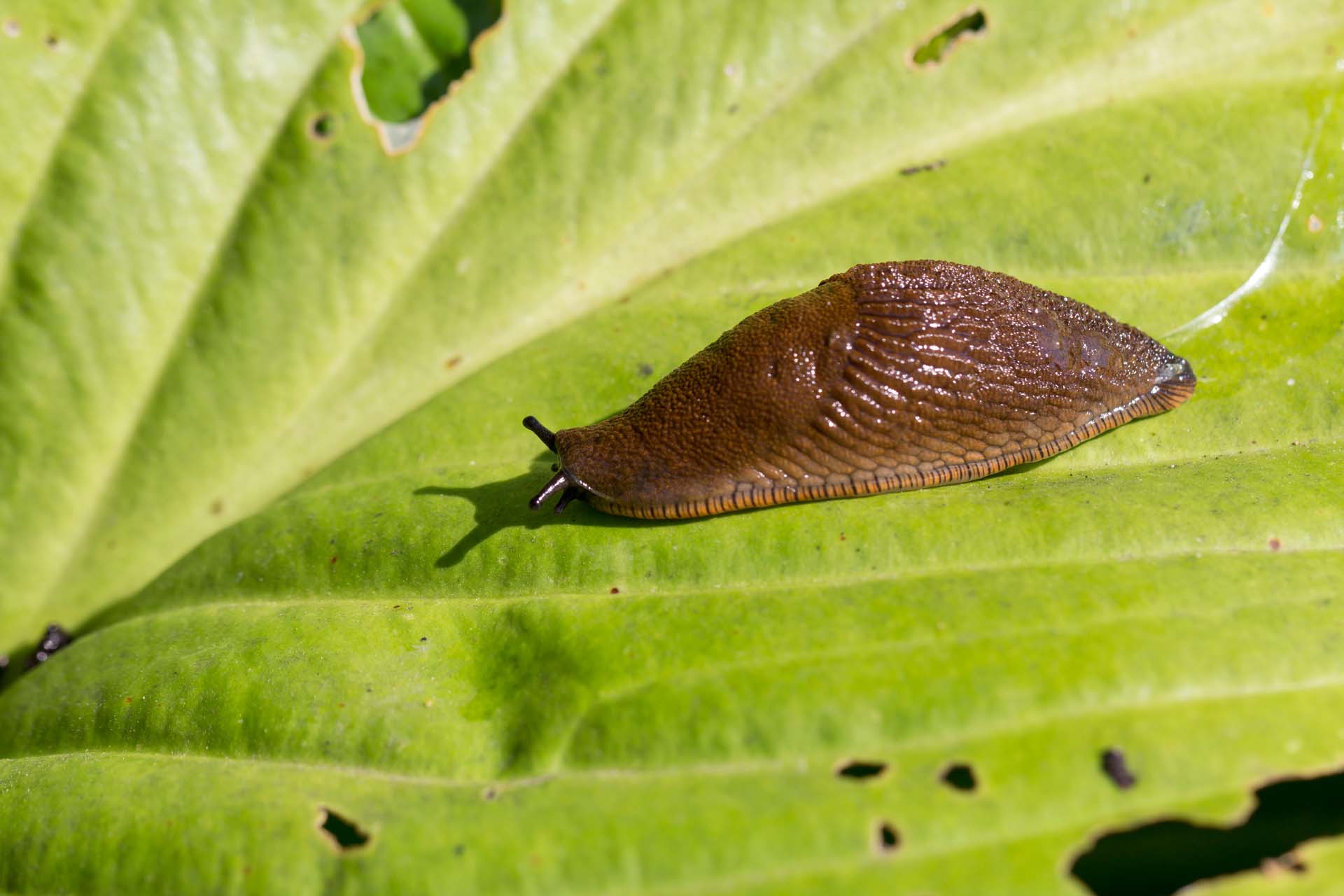
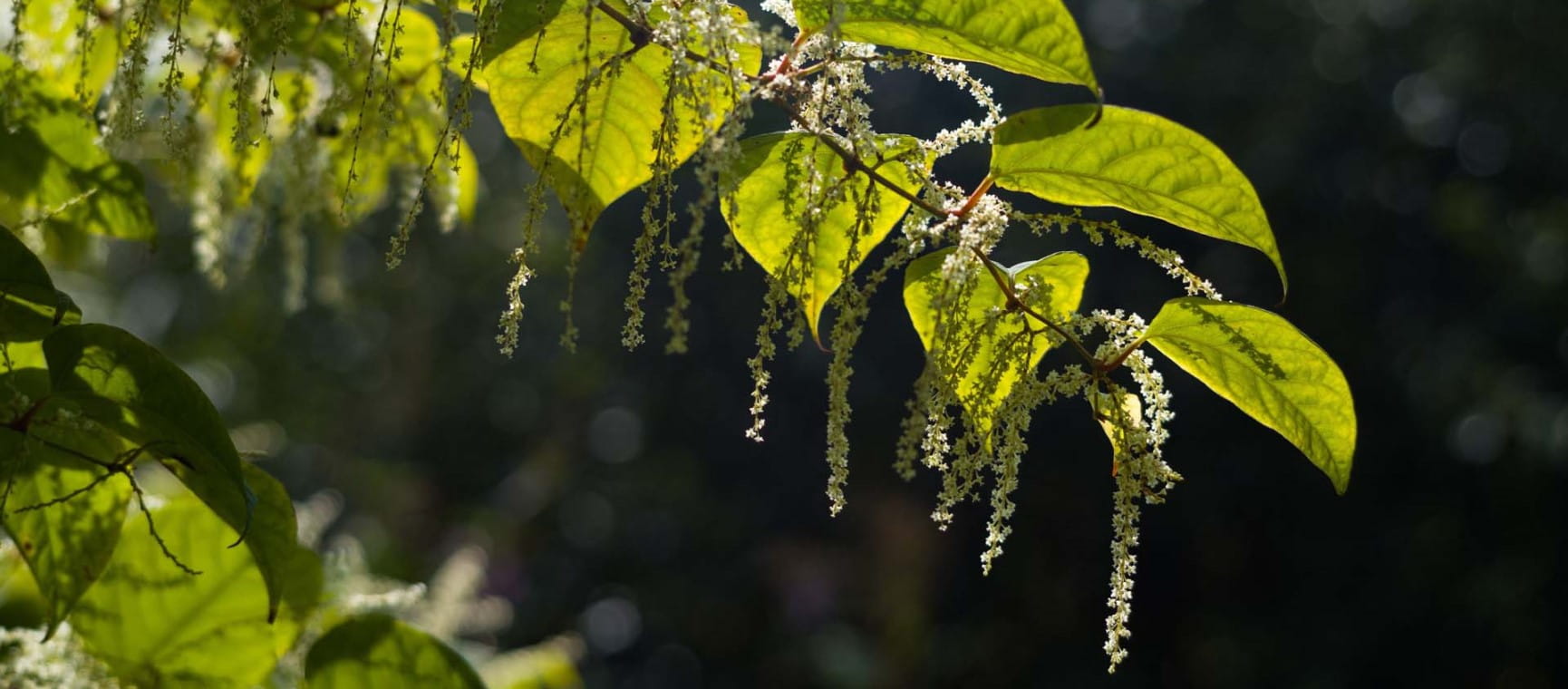
Everything you need to know about Japanese knotweed, the fast-growing plant nobody wants in their garden.